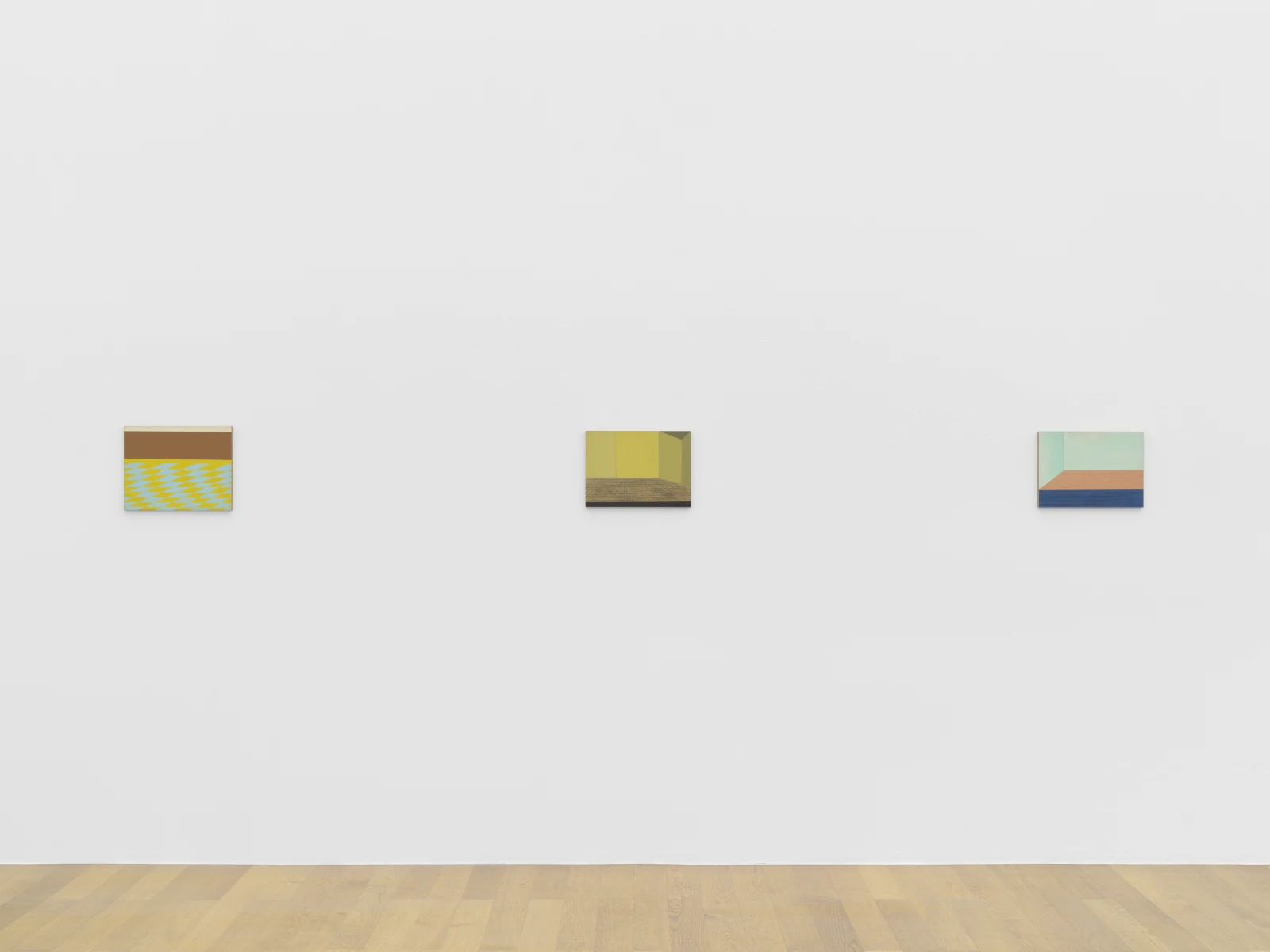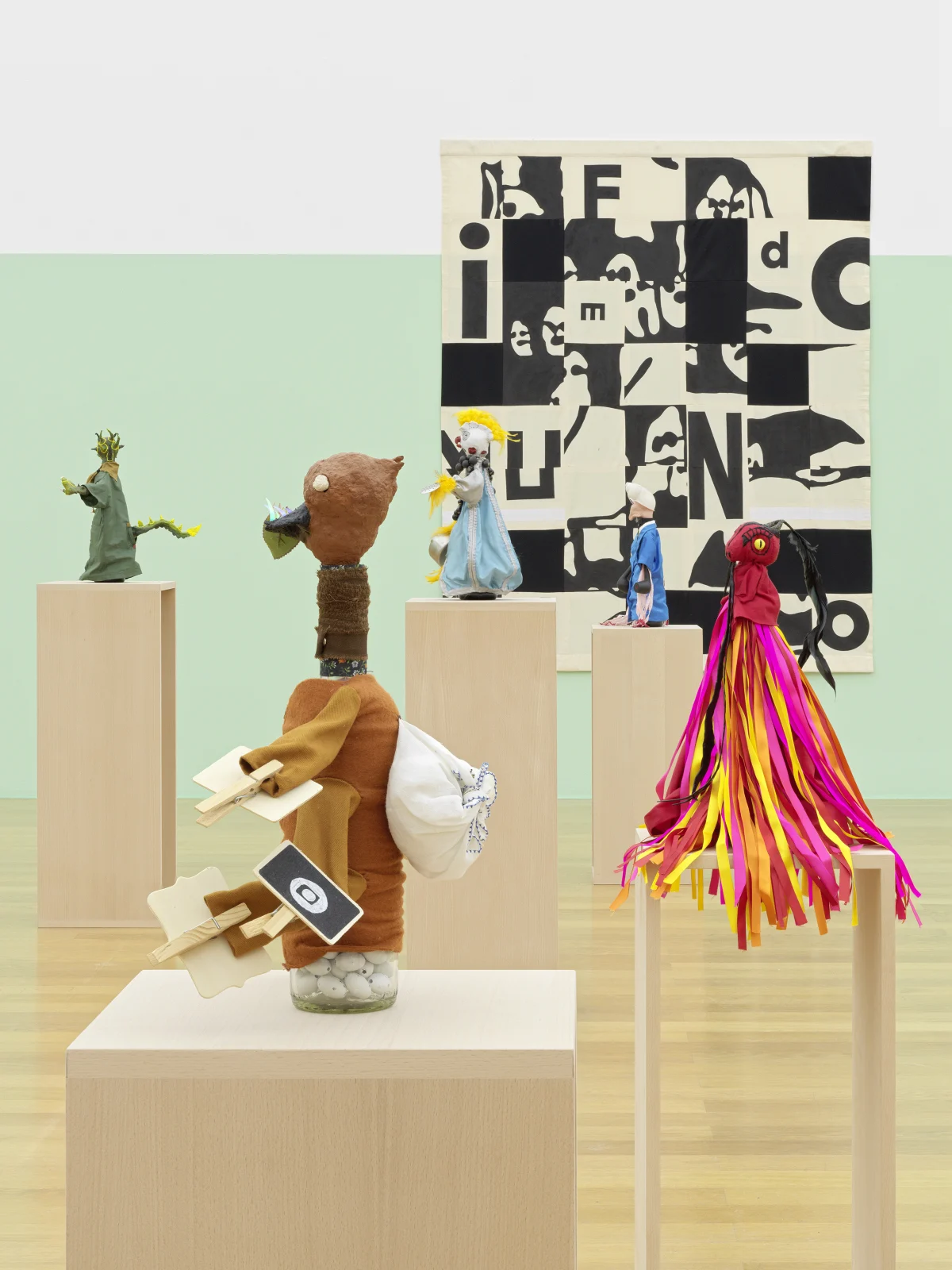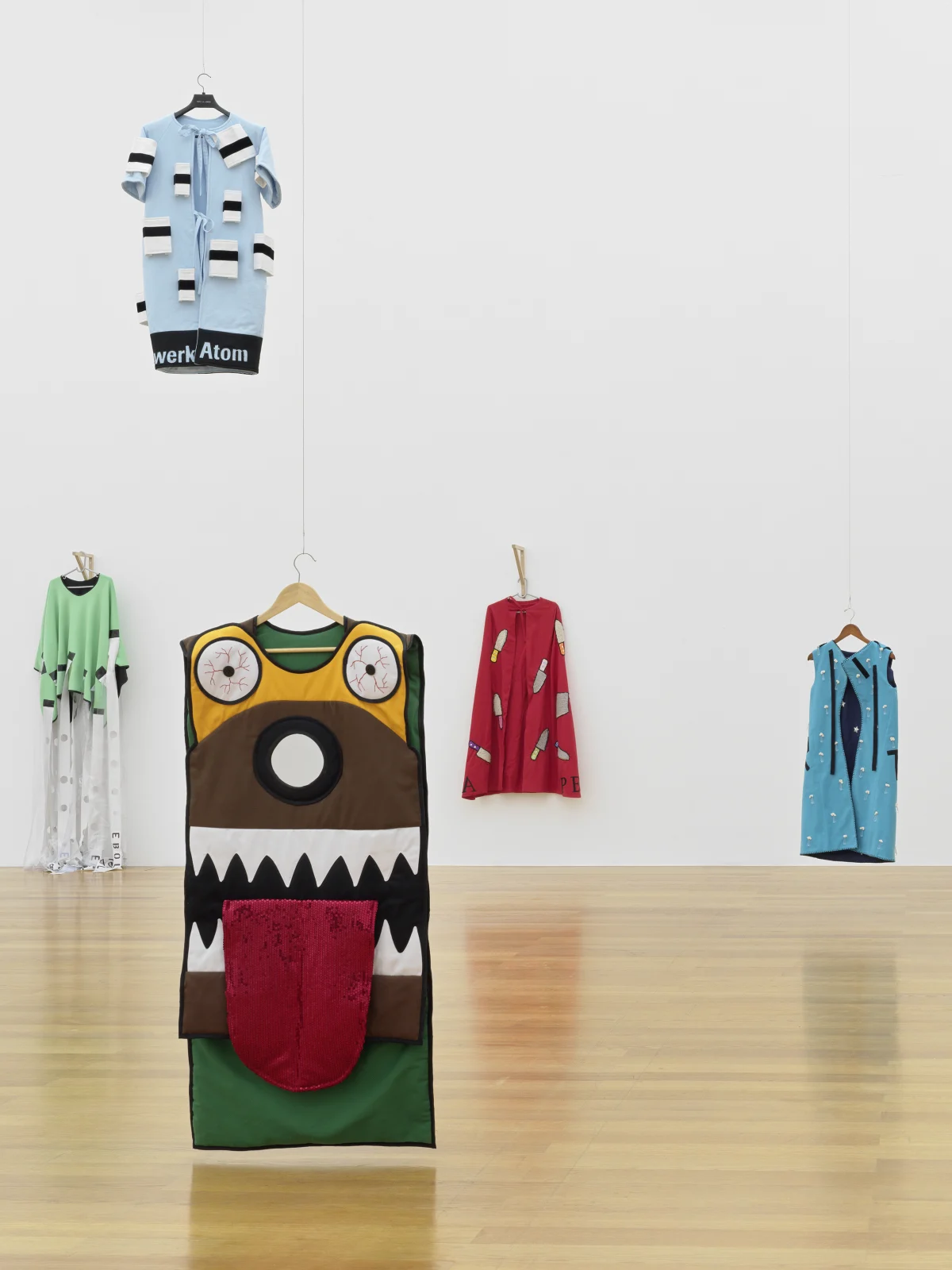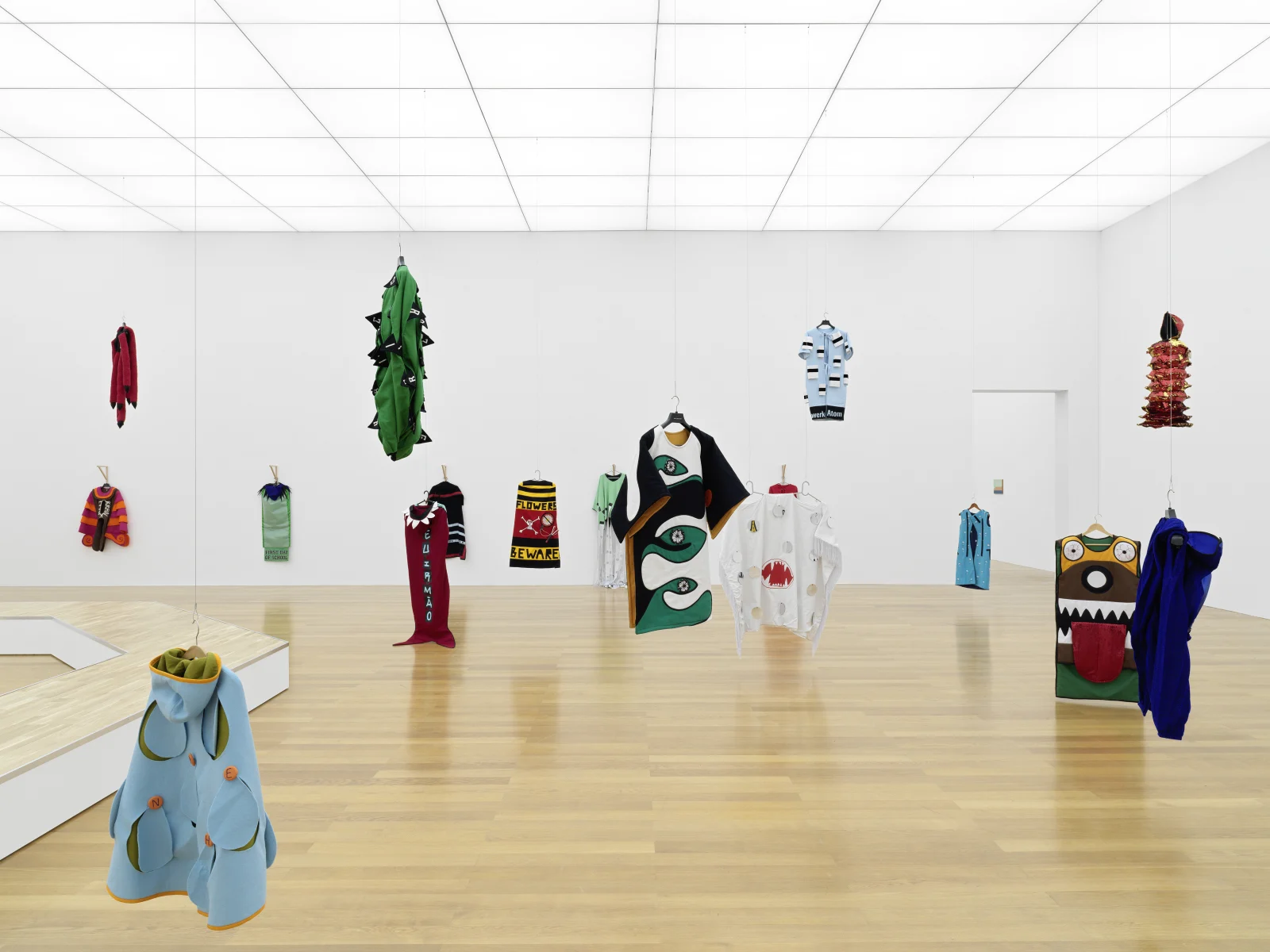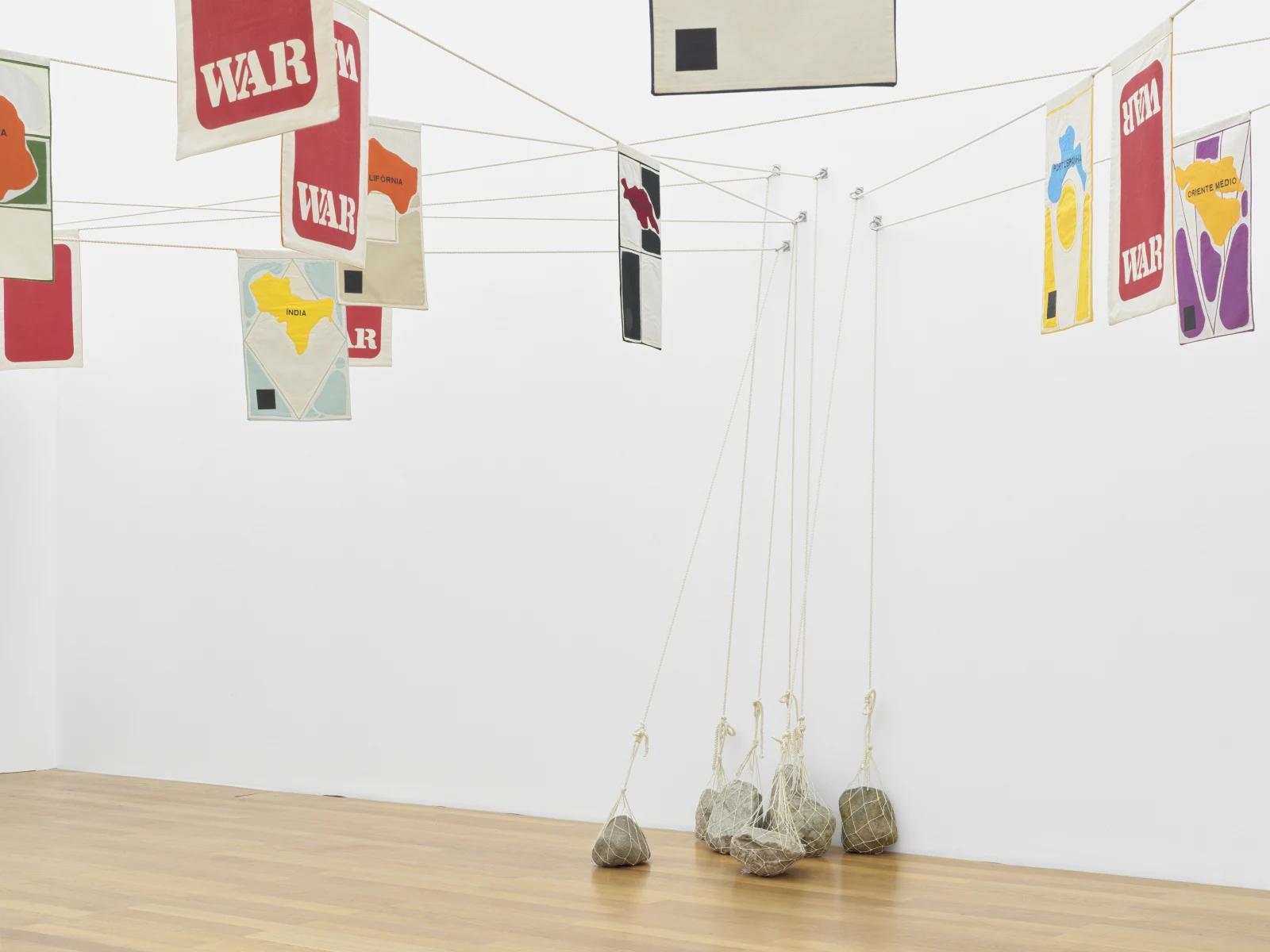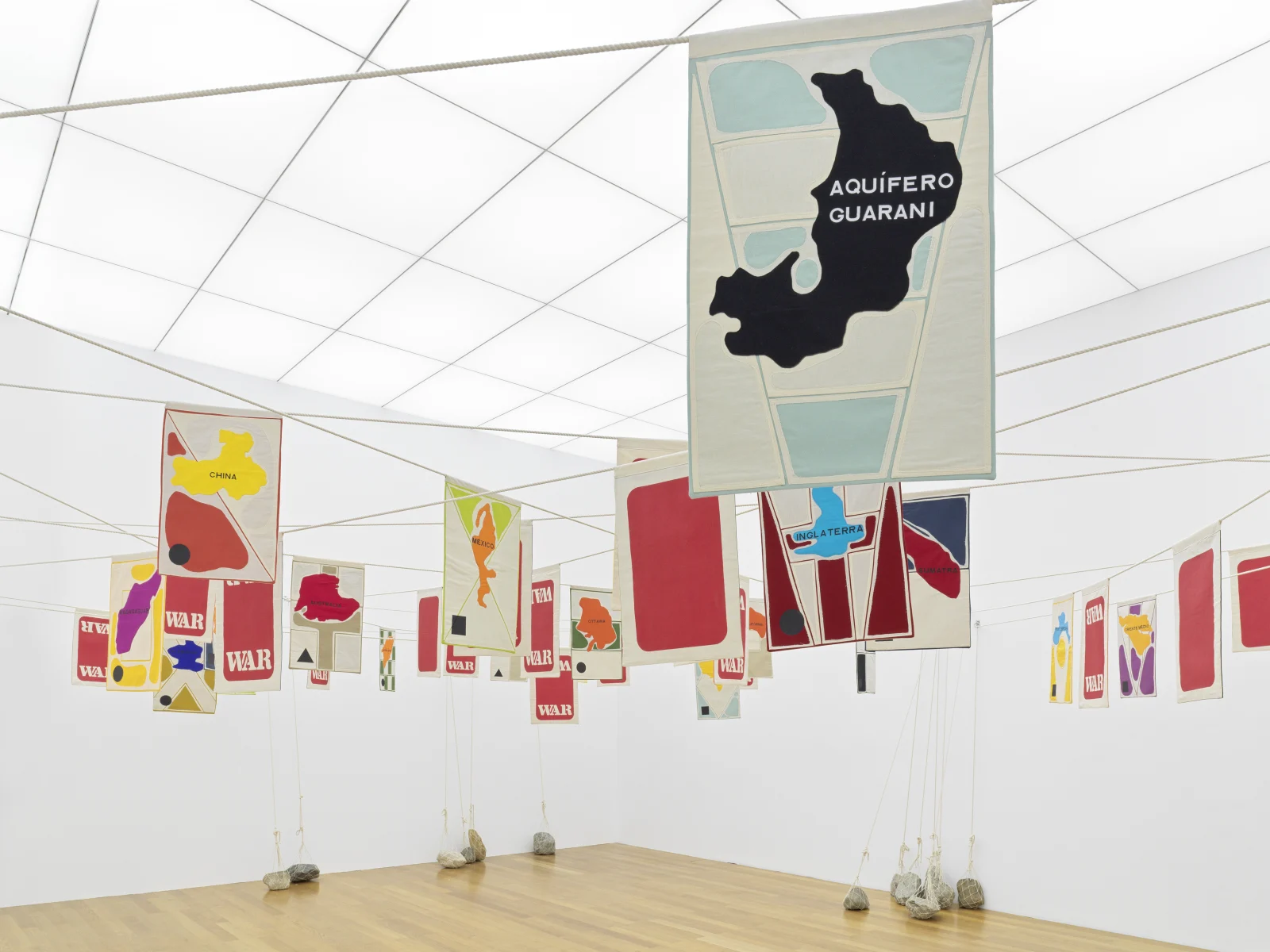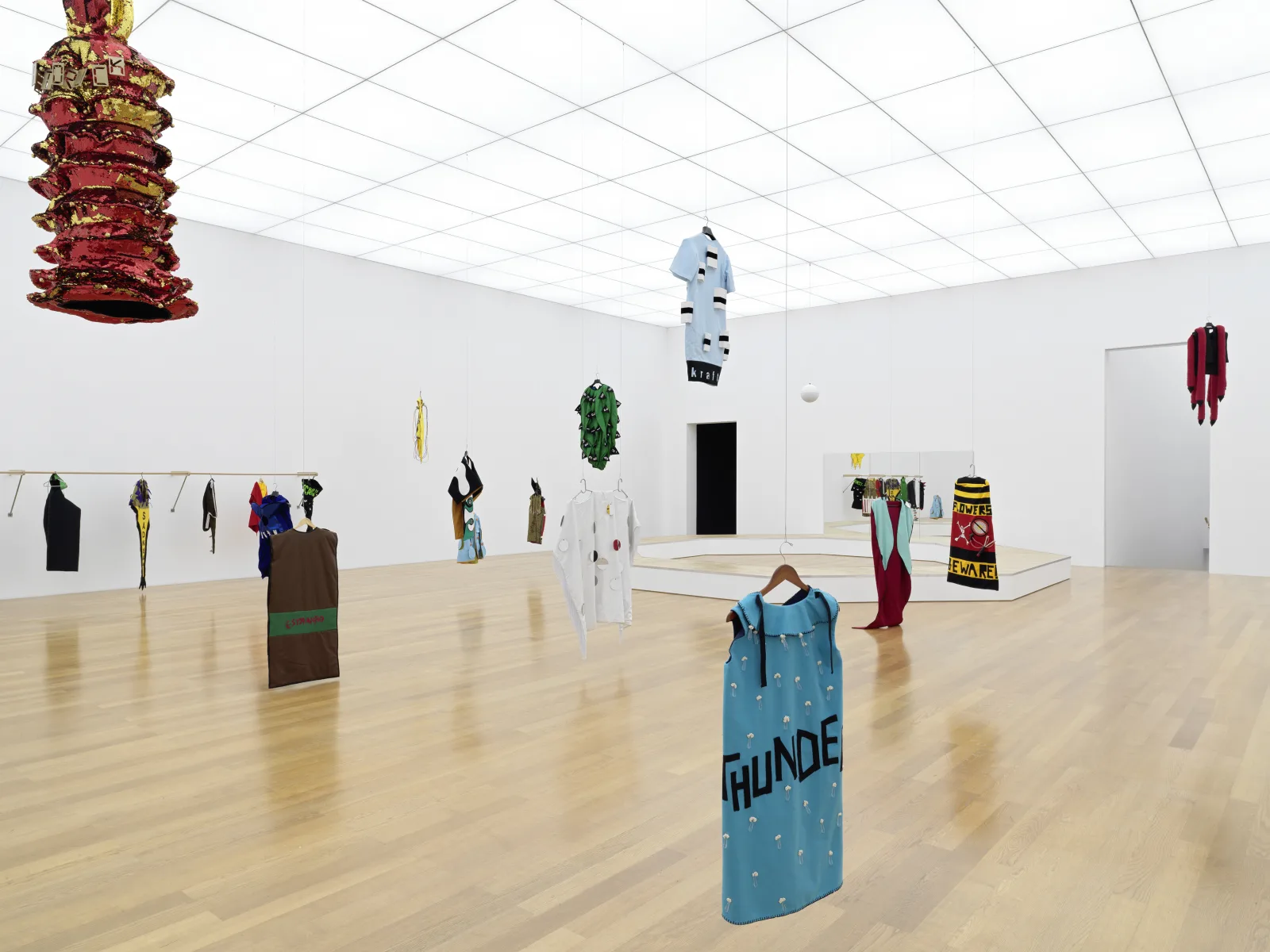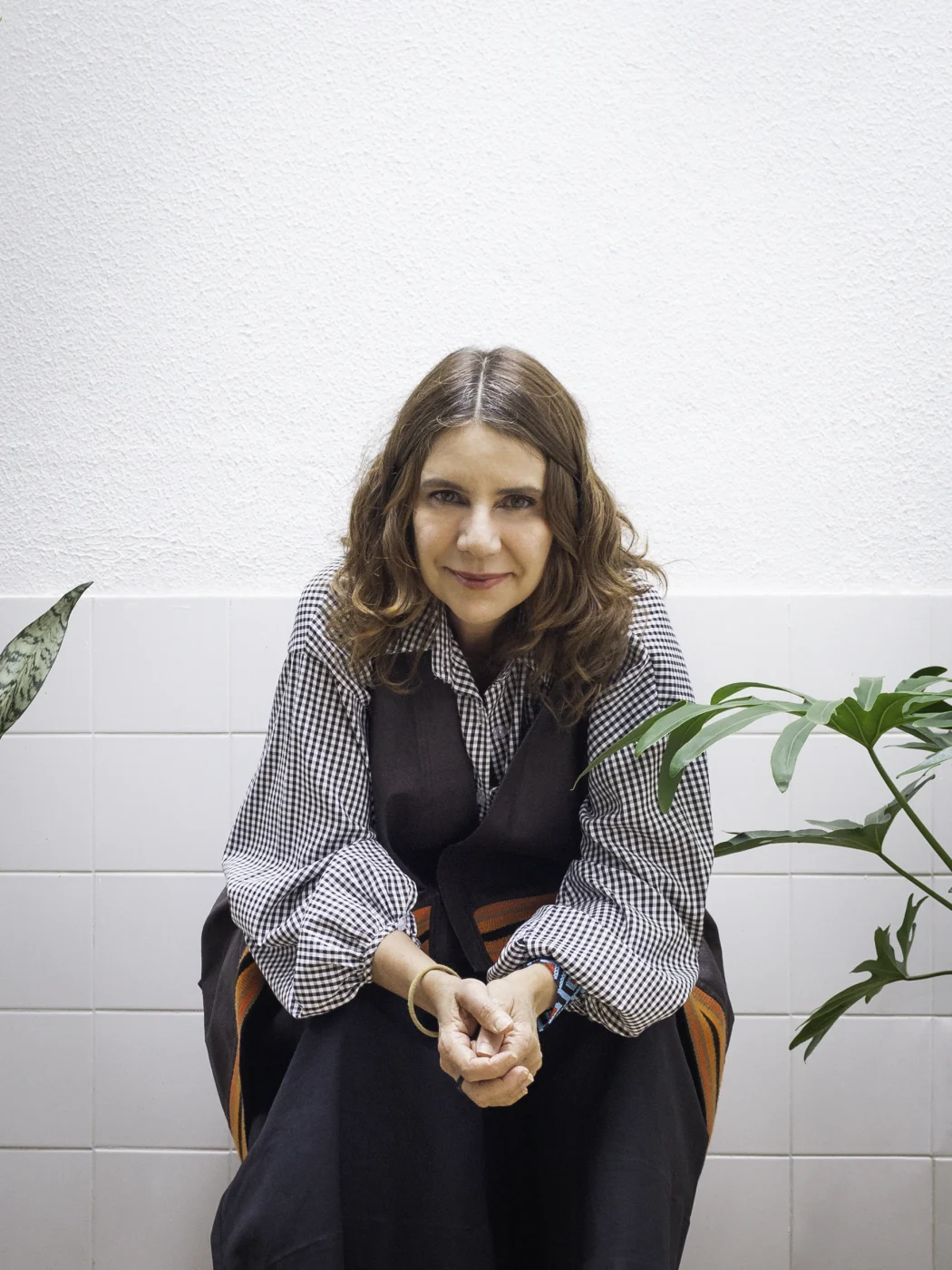
Rivane Neuenschwander: knife does not cut fire
Overview
Kunstmuseum Liechtenstein presents the first comprehensive solo exhibition in the German-speaking world by Brazilian artist Rivane Neuenschwander. ‘knife does not cut fire’ includes approximately fifty works and showcases Neuenschwander’s diverse oeuvre with emphasis on her most recent production.
Kunstmuseum Liechtenstein presents the first comprehensive solo exhibition in the German-speaking world by Brazilian artist Rivane Neuenschwander. ‘knife does not cut fire’ includes approximately fifty works and showcases Neuenschwander’s diverse oeuvre with emphasis on her most recent production. Works on display include paintings, objects, films, textile works and expansive installations in which visitors can participate. The artist has created a number of new artworks, which continue themes explored in earlier series, especially for the exhibition. Curated by Christiane Meyer-Stoll, the exhibition is accompanied by a substantial publication.
Neuenschwander is interested in the societal questions of our time and often links them with traditions from Brazilian culture. Fears and hopes are recurrent themes in her work. Poetically and sensuously, she experiments with language, time or intervenes in the transformational processes of life, giving viewers a palpable sense of how her works play between aesthetic lightness and menacing seriousness.
The title of the show is taken from a poem by the famous Portuguese lyric poet Herberto Helder (1930–2015) and testifies to Neuenschwander’s trust in the power of poetry. At the same time, this quote possesses considerable social relevance: no knife can open people’s hearts, let alone put out ‘political’ fires. Instead, it is an instrument which, when turned against someone, causes fear.
In 2015 the artist began designing capes with children to protect them from their fears. The collaborative work ‘The Name of Fear’ is an important focal point of the exhibition and was continued with schools in Liechtenstein and Switzerland especially for this show. In workshops the children named their fears – such as claustrophobia, fear of the dark or snakes – and made capes based on drawings to shield them from these fears. Starting out from these garments – some of which resemble carnival, animal or superhero costumes – the artist collaborated with a Brazilian designer to create the protective capes that are on display and that children can try on. An octagonal platform in front of a large mirrored wall invites visitors to perform with the capes.
The show also features works expressing wishing, freedom, experimentation and play. 'I Wish Your Wish' (2003), harks back to a custom from the Brazilian Church of Nosso Senhor do Bonfim in Salvador. On the walls of the exhibition hang thousands of colourful ribbons with wishes printed on them. Visitors are invited to choose a wish-ribbon and tie it around their wrist and, conversely, to leave wishes (‘I Wish’) for others (‘Your Wish’). The tradition has it that the wishes will be fulfilled if the ribbon falls off on its own. As colourful and playful as 'I Wish Your Wish' may seem at first sight, the small-print wishes often also speak of existential worries or fears.
In her oeuvre, Neuenschwander explores fears and hopes, demonstrating how they define people and society. Her works testify to a great interest in cultural, psychological and sociological questions, but also to processes of nature and their global effects. There is thus a profoundly philosophical understanding in her works in which she puts the human experience into perspective; for example, the passage of time, the power of the nature or the activity of animals, that the artist stages as formative protagonists.
In the film 'Quarta-feira de Cinzas/Epilogue' (Ash Wednesday/Epilogue) from 2006, we see ants carrying away colourful confetti of the type that is scattered around during carnivals in Brazil. This is accompanied by a soundtrack of gentle samba rhythms by the Brazilian duo O Grivo.
The installation 'Chove Chuve' (Rain Rains) from 2002 was recreated for the present display. Water drips from hanging buckets and collects in buckets on the ground. The falling drops evoke memories of rainfall, for example in Brazil’s tropical climate.
In the foyer, visitors are invited to fill the empty pages and balloons of a comic and to write new stories. Neuenschwander’s 'Joe Carioca and Friends (Joe Carioca vs. the Goalkeeper Gastão)' (2004–2021) is based upon a comic involving the character José Carioca – a parrot with a Cuban cigar and an umbrella invented by Walt Disney in 1942 as a Brazilian friend for Donald Duck in order to strengthen Pan-American ties.
As part of the exhibition, twelve flip clocks, ticking but set to 00:00, from ‘A Day Like Any Other’ (2008) will be on show at twelve public sites – including the post office, regional library and TAK Theater Liechtenstein in Vaduz, Buchs, Switzerland and Feldkirch, Austria.
Kunstmuseum Liechtenstein presents the first comprehensive solo exhibition in the German-speaking world by Brazilian artist Rivane Neuenschwander. ‘knife does not cut fire’ includes approximately fifty works and showcases Neuenschwander’s diverse oeuvre with emphasis on her most recent production.
Kunstmuseum Liechtenstein
Städtle 32, 9490 Vaduz, Liechtenstein
Thursday 10am–8pm
Closed Monday
Installation Views
